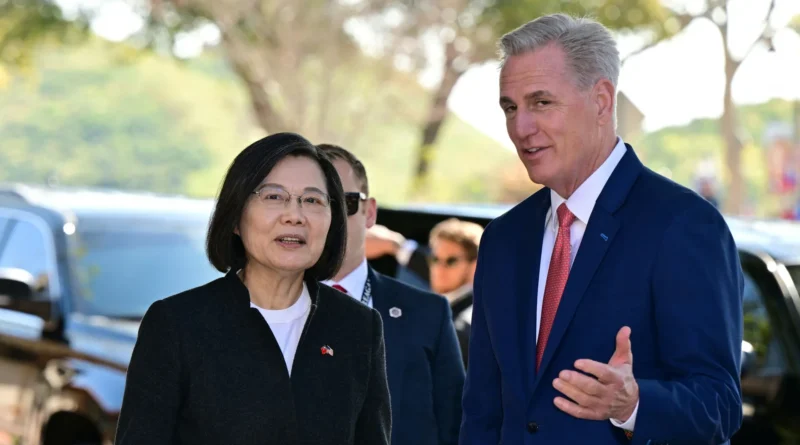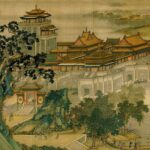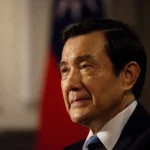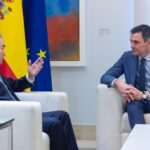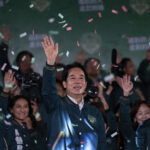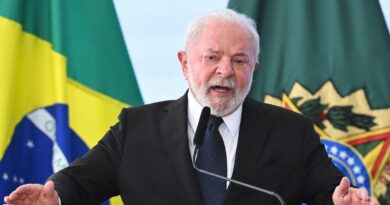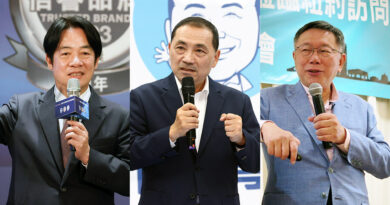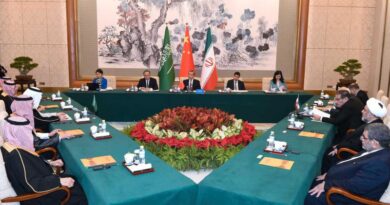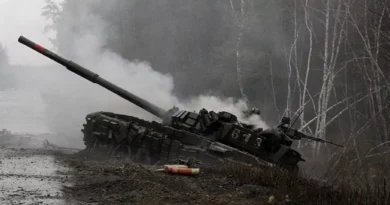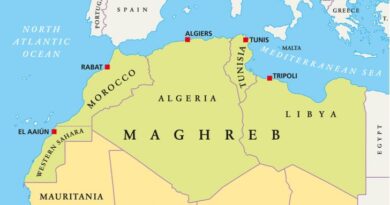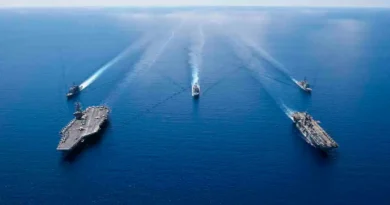Tsai-McCarthy: a meeting in the electoral phase
XULIO RIOS
Diplomatic tour to Central American allies Guatemala and Belize or visit to the US disguised as a "transit stopover"? The numerous political contacts maintained by the Taiwanese president on US soil and, especially, her meeting with the speaker of the House of Representatives, Kevin McCarthy, contrast with the practical irrelevance of Central American agendas.
Although the White House has tried to downplay the meeting ensuring that "there is nothing atypical in that the presidents of Taiwan transit through the United States or in fact meet with members of Congress", the truth is that this was the first time that a meeting of this nature was held on the ground American since the break of diplomatic relations in 1979. Which is, admittedly, rare.
On the other hand, to demand, once again, China, knowing that it considers these official contacts (McCarthy is the third in the US institutional hierarchy) a violation of the one-China policy, that it not "overreact" to this meeting when in the recent memory of Beijing still persists the demolition of the alleged spy balloon hit by missiles, it is difficult to fit proportionally. In the short term, it removes any possibility of a Beijing-Washington interaction at the highest level.
Consequently, the US has described the Chinese reaction of starting a "special military operation" in the Taiwan Strait as an expression of the persistence of the hard line in the management of its dispute with Taipei. But in her meeting with Tsai, McCarthy constantly referred to her as the "President of Taiwan" (not even as the President of the ROC), which would only reaffirm the hardline US stance of supporting Taiwan. Taipei. On the other hand, the axis of the meeting was the manifestation of the "solid association” established between Taiwan and the US, insisting on the importance of increasing the official interaction with Taiwan, the sale of arms, helping Taiwan expand its international space, etc., all actions that, under the guise of Washington's one-China policy, aim to make a hole in the one-China principle. from Beijing.
IN ELECTION KEY
Tsai's visit to the US is inseparable from the long electoral campaign that the island is facing ahead of the decisive elections in January 2024. Her journey partially coincided with that of Terry Gou, the founder of Foxconn, who is running again to lead the Kuomintang candidacy. Gou abruptly brought forward his return to Taipei, perhaps upon noticing the scant echo of his waiting message.
On the other hand, Tsai's PDP - eroded in its international management after so many diplomatic desertions (9 since 2016, Honduras the last, and Paraguay defoliating the daisy until knowing the result of the elections on April 30) - needs to boast of the preferential links with Washington. It may well be that Hsiao Bi-khim, Taiwan's representative to the US, will run for vice president on the ticket of Lai Ching-te, Tsai's likely successor.
One of Hsiao's merits is undoubtedly the firm bond established between Taiwanese sovereignism and the most rancid hawks in US politics. It was no coincidence that the McCarthy-Tsai meeting took place in the Ronald Reagan Presidential Library or that Mike Gallagher, who chairs the Select Committee on (against, I should say) China of the US House of Representatives, took part in it.
That link, however, can become problematic in electoral terms. The PDP seems to be aware of the existence of some risk; still, it may be difficult for him to avoid falling prey to the competitive radicalism that characterizes US politics, especially when it comes to China. In fact, McCarthy He was scheduled to visit Taiwan this spring and was scrapped at Tsai's urging precisely to avoid a military response from China that could negatively influence election expectations.
Another "cession" could be considered the meeting venue itself, well away from the Capitol. McCarthy, on the other hand, noted that he currently has no plans to travel to Taiwan. And while he called for expediting the delivery of weapons that Washington has sold to Taipei, he dodged questions from the media about whether he would support sending US troops in the event of a military conflict in the Taiwan Strait.
China is also calculating its reaction. Planes Military and warships have made themselves felt in areas around Taiwan in a drill on a much smaller scale than the one arranged after Nancy Pelosi's visit last August. Even so, it makes clear the message that for every action there will be a reaction, not only in a rhetorical or sanctioning form, but also by consolidating the factual dominance over the island itself, in this case, underlining once again that it no longer accepts the previously tacit agreement on the median line between the two sides of the Straits.
Complementarily, as evidenced by the visit of former president Ma Ying-jeou (KMT), he will exalt the existence of an alternative path to reach a political solution, the only one that can preserve peace in the face of the PDP strategy, which would inexorably lead to confrontation.

